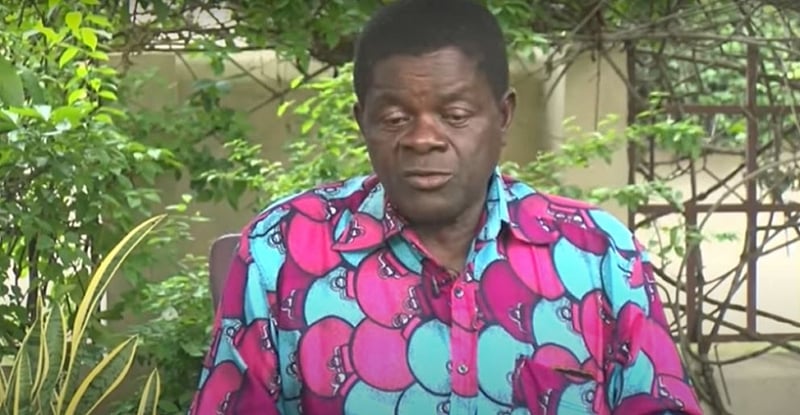Kwaku Ansah-Asare, a former director of the Ghana School of Law, has voiced strong concerns regarding the newly established Operation Recover All Loots (ORAL) committee by President John Dramani Mahama. He argues that ORAL is not only redundant, given the existing anti-corruption infrastructure in Ghana, but also potentially dangerous, posing a risk of overreach and political manipulation. Ansah-Asare’s central argument hinges on the belief that ORAL duplicates the functions of already established institutions like the Office of the Special Prosecutor (OSP), the Commission on Human Rights and Administrative Justice (CHRAJ), and the Economic and Organised Crime Office (EOCO). These bodies, he contends, possess the necessary legal mandate and expertise to investigate and prosecute corruption cases, including the recovery of stolen assets. Creating a parallel body like ORAL, therefore, appears superfluous and raises questions about its true purpose.
Ansah-Asare’s apprehension extends beyond mere redundancy. He expresses a deep-seated concern that ORAL, despite any good intentions, could be easily misused as a political tool. He suggests that the committee’s formation might be motivated by political expediency rather than a genuine commitment to fighting corruption. This politicization, he warns, could undermine the integrity of the fight against corruption and erode public trust in the government’s efforts. The potential for ORAL to be weaponized against political opponents or used to settle personal scores raises serious questions about its impartiality and objectivity.
Furthermore, Ansah-Asare cautions about the potential for ORAL to exceed its mandate. He foresees a scenario where the committee, emboldened by its perceived authority, might engage in actions that violate due process or infringe upon individual rights. Such overreach, he argues, could not only damage the reputation of the government but also lead to legal challenges and further complicate the fight against corruption. The existing legal framework, with its established checks and balances, provides a more robust and less susceptible system for addressing corruption. ORAL, operating outside this framework, presents a greater risk of arbitrary actions and legal missteps.
The former law school director strongly advises President Mahama to dissolve the ORAL committee before it causes any irreparable harm. He believes that the potential consequences of allowing ORAL to continue its operations outweigh any perceived benefits. The risk of political embarrassment, legal challenges, and damage to the government’s credibility is too significant to ignore. A swift revocation of the committee’s establishment, he suggests, is the most prudent course of action. This decisive move would demonstrate the president’s commitment to upholding the rule of law and avoiding any perception of political maneuvering.
Ansah-Asare’s concerns underscore the importance of maintaining a clear separation between politics and the fight against corruption. The establishment of a parallel body like ORAL, with its potential for political influence and overreach, risks blurring these lines and jeopardizing the integrity of anti-corruption efforts. By relying on existing institutions with established mandates and procedures, the government can ensure a more transparent and accountable approach to tackling corruption. This not only reinforces public trust but also strengthens the rule of law. The existing framework provides a more robust and less susceptible system for addressing corruption.
In conclusion, Ansah-Asare’s critique of the ORAL committee highlights the potential pitfalls of creating parallel structures in the fight against corruption. He argues that such initiatives, while perhaps well-intentioned, can easily be perceived as politically motivated and prone to overreach. His call for the dissolution of ORAL and reliance on existing institutions emphasizes the importance of upholding due process, transparency, and accountability in the pursuit of justice and the eradication of corruption. A strong and independent judiciary, coupled with empowered anti-corruption bodies operating within a clear legal framework, is essential for ensuring that the fight against corruption remains credible and effective.


